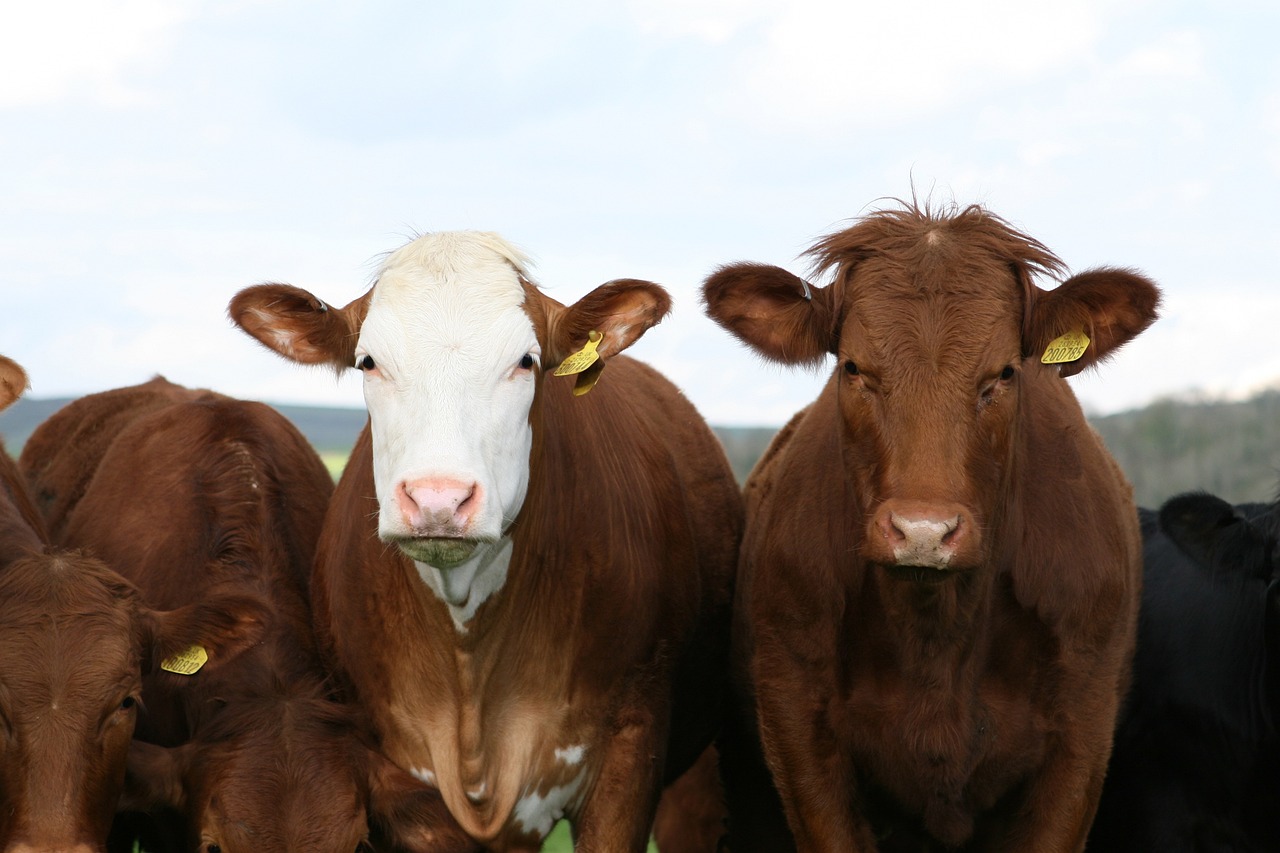Sentencing judges need to stop going lightly on those convicted of illegal hunting and the killing or stealing of livestock, Federated Farmers rural policing spokesperson Richard McIntyre says.
And to keep pressure on the government to ensure rural areas get a fair share of police resources, farmers needed to re-port all instances of criminal activity, he said in reaction to the findings of Federated Farmers’ recently released 2023 Rural Crime Survey.
Of more than 1000 farmers who responded to the questions,67 per cent said they had experienced a crime or suspected they had, in the instance of hard-to-prove incidents such as livestock killing or theft.
That’s a 14.7 per cent increase from the 2021 survey, and a 26per cent rise from the federation’s first survey in 2016. This year’s tally was boosted by the inclusion of a question on illegal street racing, reported by just under 62 per cent of farmers.
However, that accounted for only seven per cent of the rise and McIntyre said there was a marked overlap with ‘boy racer’ burnouts and dangerous driving, and instances of road and fence damage.

“The often-dangerous antics of sometimes hundreds of boy racers in isolated rural areas is very intimidating for families.“
Too many farmers are having to keep stock out of road-adjacent paddocks because animals are being spooked and injured.”
While the number of surveyed farmers reporting single incidents of crime has dropped slightly since the 2021 survey, McIntyre is alarmed that the number who have been hit by five or more criminal incidents has nearly doubled to 33.4 percent.
After illegal street racing, illegal hunting or poaching is the next highest reported crime at47.1 per cent, and property theft at 35.5 per cent.
McIntyre is particularly worried by the high rates of illegal hunting, as well as theft and killing of livestock (at 33 per cent and 23 per cent respectively), because they involve offenders coming on to farms with fire-arms.
He says when hunters ask the land owner for permission to come on to the property, there’s an opportunity to let them know where houses are, where staff are working and where livestock are located.
“With people hunting illegally, or looking to steal livestock, that whole safety element is out the window.
We’ve got people shooting semi-randomly about the place without any under-standing of the safety risks.”
McIntyre also admits some exasperation that nearly half of those farmers hit by crime had not reported it because they thought police were too stretched or wouldn’t be interested.
“All crime, and even suspicious vehicles and activity, needs to be reported.
Police have told us time and again it helps them pick patterns of offending that boost the chances of an arrest.
Just 15 per cent of farmers who experienced crime in the last two years said police had investigated and prosecuted the offender. It’s only when we have more police dedicated to rural areas that we’ll boost that figure.”




